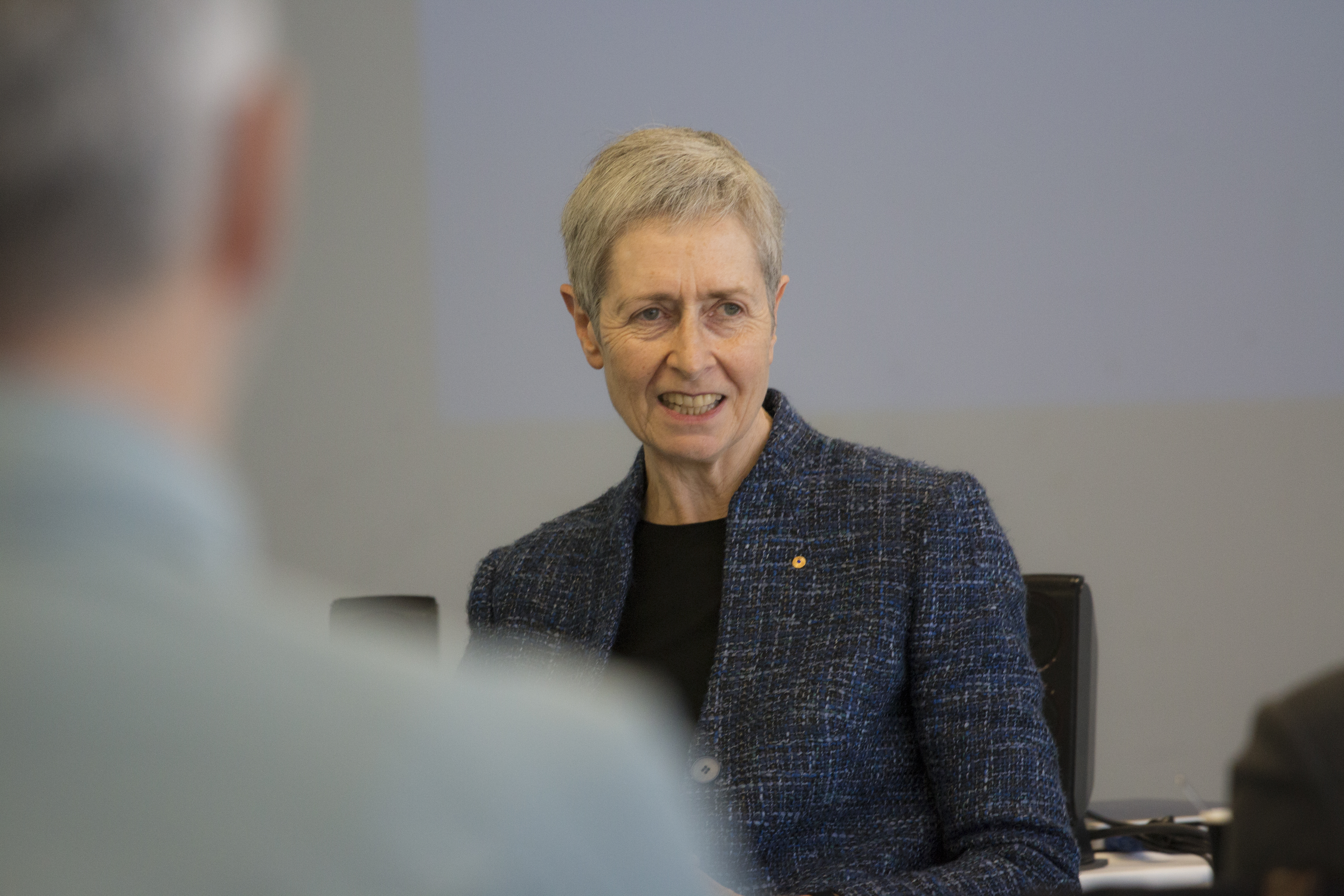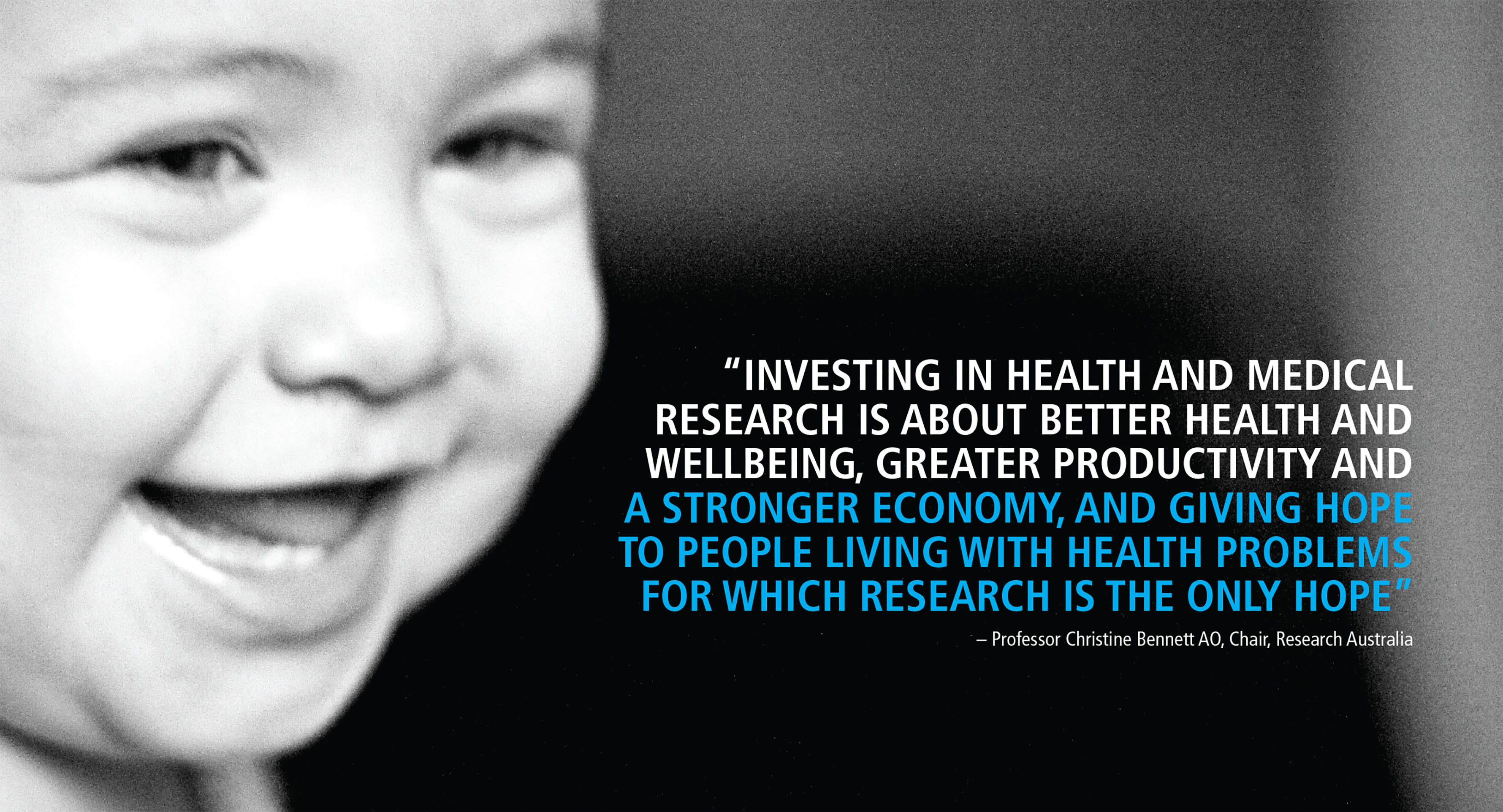In May, the NHMRC released a draft Good Institutional Practice Guide which seeks to provide guidance to NHMRC-funded institutions and researchers about good institutional practice ‘to promote open, honest, supportive and respectful institutional cultures conducive to the conduct of high-quality research’. Its development has been overseen by NHMRC’s Research Quality Steering Committee.
Research Australia made a submission in response to the draft. While welcoming the Guide Research Australia indicated that awareness of practices and initiatives that can improve research culture is not the primary barrier to improving research culture; significant work has already been done to identify the issues and raise awareness. The key problem is implementing the measures needed to improve the culture.
Research Australia suggested the finalisation and publication of the Good Institutional Practice Guide will provide impetus for improvement that the sector can build on if we act collectively. Research Australia suggested leadership and involvement from the NHMRC will be essential, and would demonstrate the NHMRC’s ongoing commitment to improving research culture and practice. We offered to work with the NHMRC, the Research Quality Steering Committee, other peak bodies and research institutions that want to participate in a coalition to improve research practice and culture.
Research Australia’s submission is available here.










